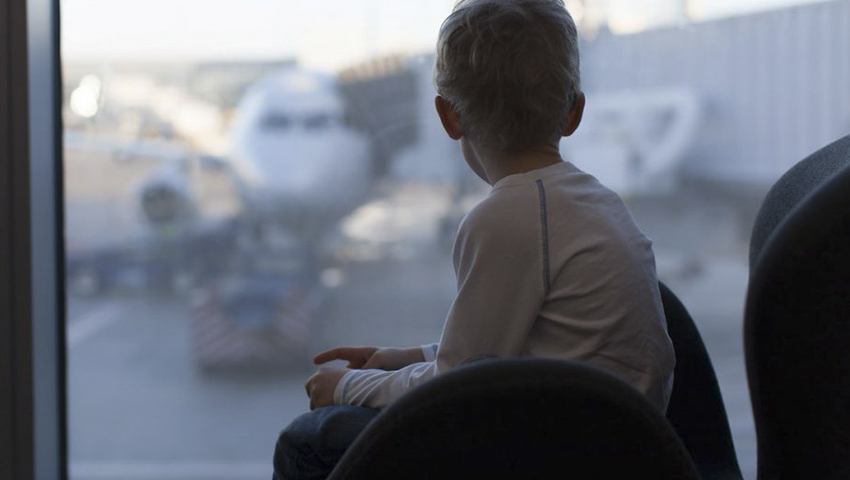If your spouse removes your child from Singapore for more than one month without your written consent or without permission from the court, this may constitute a punishable offence under section 126(3), (4) and (5) of the Women’s Charter.
Under Singapore law, parents are expected to cooperate with each other. As such, regardless of which parent has been granted custody and/or care and control over the child, the Women’s Charter states that no person may take the child out of Singapore “except with the written consent of both parents or the leave of the court”. This means that even the parent who was given sole custody of the child by an order of the court is just as much bound by the requirements of the Women’s Charter to obtain the consent of the other parent or the court’s permission.
Additionally, in the event that your spouse has taken your child out of the country (or has retained your child in Singapore) in breach of your custody rights, this may be regarded “child abduction” or “child kidnapping”. As Singapore has acceded to the Convention on the Civil Aspects of International Child Abduction (Hague Convention) in 2010, you can make a claim under section 8 of the International Child Abduction Act 2010 (ICAA) for an order that your child be returned.
The Hague Convention is an international treaty which seeks to protect children from the consequences of being wrongfully removed from their country of habitual residence. It provides a legal avenue for the custodial parent to seek the swift return of his or her child, make the necessary arrangements to secure the rights of access to the child, as well as determine the appropriate court that should make custody orders relating to the child.
However, the Hague Convention only applies to countries which are parties to the Convention. If your child is taken to a country where the Hague Convention does not apply, it may be difficult to enforce the order. Instead, both parents will have to come to an agreement on the return of the child.
What if my spouse claims that he or she had to remove the child from Singapore (or had to retain the child in Singapore) due to medical, especially psychological, problems?
While there is no definite answer as each individual and each medical problem is different, such a reason will typically be carefully considered by the courts especially when the abducting parent is the mother and the child is very young. This is because courts acknowledge the close biological and emotional bonds between a mother and her child. However, in cases where the abducting parent could have been treated for her medical condition but refused to be so treated, the Singapore courts are unlikely to accept the medical problem as a legitimate reason for the removal (or retention) of the child.
Indeed, when a cross-border divorce takes place, conflicting opinions on which country your child should reside in may arise. Should you need more information on the wrongful removal of your child from Singapore (or the wrongful retention of your child in Singapore), consult our family lawyers who will be able to assess your case and provide you with the best possible assistance.









